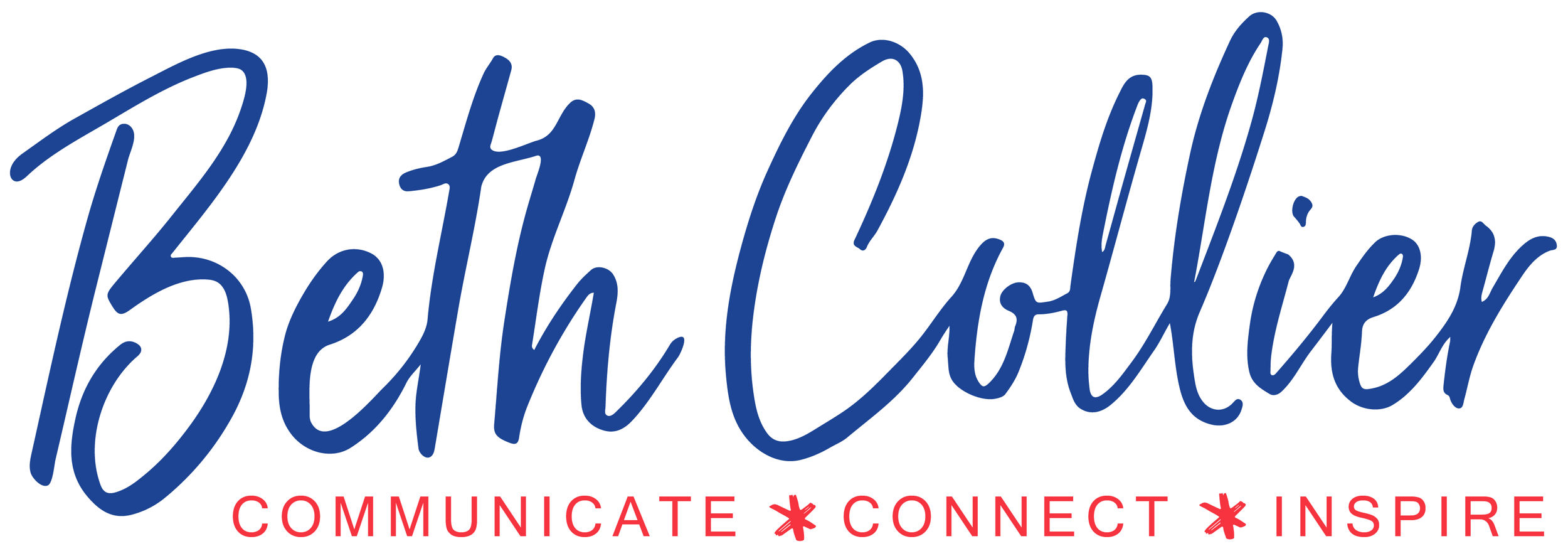Three Communication Lessons from Whatever the Hell is Going On With Armie Hammer
The actor has been trending on twitter lately – but not all publicity is good publicity.
A friend messaged me a couple weeks ago, ‘When are you going to write a story about Armie Hammer?’
‘What about him?’ I thought.
I had seen his name trending on twitter in January, but at the time we had just started juggling learning-via-Zoom sessions for our kids and our full-time jobs. I was a bit behind on the trending topics of twitter.
But then I saw an article in the LA Times that had a statement from Hammer, announcing he was dropping out of an upcoming film with Jennifer Lopez. His statement read:
"I'm not responding to these bullshit claims but in light of the vicious and spurious online attacks against me, I cannot in good conscience now leave my children for 4 months to shoot a film in the Dominican Republic.”
And this caught my attention.
I could hear the actor’s voice in the first line. He sounded angry, and informal with the use of the word ‘bullshit.’
But then following that with ‘vicious and spurious’? That sounded like a publicist. As did the rest of the statement.
Now remember, at this point, I didn’t know what Hammer’s been accused of. I knew he and his wife were divorcing, so I figured ‘Armie Hammer sex scandal’ was about to reveal that he’d had affairs.
But, it turned out to be a lot creepier than that.
In January, an Instagram account @houseofeffie posted dozens of screenshots showing direct messages that it said Hammer had sent women from 2016 to 2020. The messages in the screenshots, which are unverified, detailed fantasies of rape, domination, and cannibalism.
One read: “I am 100% a cannibal. I want to eat you. F---. That's scary to admit. I've never admitted that before.”
And several women came forward to share their creepy tales – including Courtney Vucekovich who told Page Six: “He said to me he wants to break my rib and barbecue and eat it.”
(There is more – but I won't share it here.)
This is Armie Hammer…
And so is this…
But here’s the interesting thing (to me, anyway): If it hadn’t been for that oddly-worded statement, I wouldn’t have learned any of this detail.
Because when I read his statement, it didn’t pass the smell test. It felt off, and that made me curious. Before I even knew the specific allegations, I wondered why Hammer would be dropping out of a movie if there was no truth to them.
Wild stories are common in Hollywood – but even so, cannibalism is an extreme allegation to make. Wouldn’t most people just say, “That’s ridiculous. There’s no truth to that whatsoever,” and go about their day?
I also thought his dropping out of the film sounded suspect because Jennifer Lopez is the bigger star in the film. I imagine she had a response to hearing that her co-star may fantasize about eating women’s ribs. She knows how a scandal can tank a box office performance before a film is even released (see: Jersey Girl).
Then, on February 5, as I had moved on to more pressing news (like if Jackie Weaver had authority), The Hollywood Reporter announced that Armie Hammer had been dropped by his talent agency, WME. They reported his personal publicist has quit, too.
So what can we learn from this?
There are several lessons from this story, but I want to focus on the communication lessons from Hammer’s statement:
1. Know when – and where – to respond
Timing is everything. In crisis situations, you must evaluate the best times to comment and the best times to be quiet. You may not be able to respond to every rumor or update – but there are also times you can’t afford to remain silent.
When you’re ready to respond, consider the best channel to share your message. Depending on the issue and the person/company involved, you may want to use social media, a press release, or a more formal interview to get the best outcome.
In Hammer’s case, he made a statement, but as the story evolves, he will need to determine when to comment again – and when to shut up.
2. Be consistent
Often in business, many people want to hold the pen. And when that happens, you get disjointed statements that make your reader pause (as Hammer’s statement did for me).
Choose your words carefully. Your tone and language needs to be consistent. Be careful mixing informal and formal language, and always choose words that are appropriate for your audience.
Know the outcome you want to achieve – and use language that makes it easy for your audience to understand your message.
3. Have integrity
Be honest. People can often smell a lie and read through PR-spin. Hammer’s line that he ‘couldn’t leave my children for 4 months’ felt about as sincere as all the people who leave companies to ‘spend time with their family.’ Most people (Trust Fund Kid Hammer excluded) can’t afford not to work, but companies use generic lines that others know are false.
That speaks to integrity, and affects trust and reputation.
And though words are powerful, there are some communication challenges you won’t want to accept. Spinning is one thing, but flat-out lying is another (think Sean Spicer arguing about the size of the inauguration crowd or when presidential candidate John Edwards had his aide lie about being the father of Edwards’ love child).
Whether you’re writing for celebrities, politicians, or business leaders, you have to hold on to your integrity, and know when it’s time to walk away.
I don’t know what the next chapter of Armie Hammer’s story will be, but I already feel for the publicist whose job it is to tell it.


